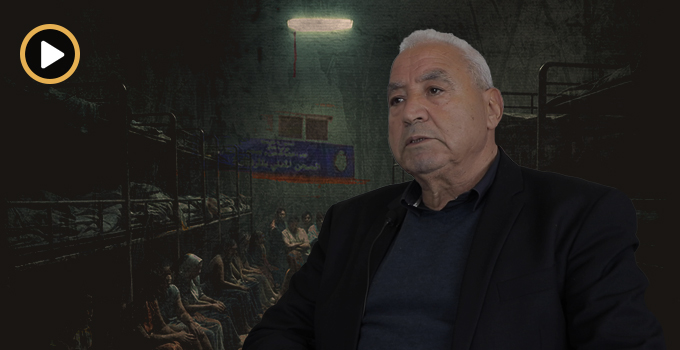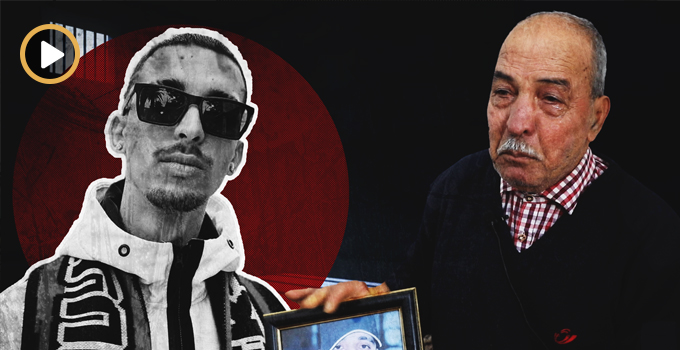
Upon its adoption on February 2, 2016, Law 5 was touted to be a « judiciary victory » and « landmark step » for human rights in Tunisia. The measure, which took effect on June 1, 2016, abrogated articles 13 and 57 of the Criminal Procedure Code (CCP) and includes new provisions consistent with the constitution as well as international conventions concerning access to justice. Among its most important points, Law 5 reduces the detention period from 72 to 48 hours, with the possibility of one 24-hour extension in the case of minor offenses, or 48 hours in the case of crimes. Detention and its prolongation must be authorized in writing by the public prosecutor. Judicial police are required to inform the suspect in custody « in the language he understands » of the reason for his detention and of his rights to an immediate medical examination and access to a lawyer. Additionally, judicial police are required to inform a family member, or any person the suspect chooses, of his detention.
Reports published by Human Rights Watch, Amnesty International and the International Organization Against Torture (OMCT) indicate that legislative reform has far from put an end to the mistreatment of persons held in detention. Resistances to changing the modus operandi of penal procedures on one side, and citizens’ unawareness of new rights on the other, have prevented the application of the law. In this context, ASF and ONAT launched a campaign to educate citizens about their rights under the new legislation. Besides information « caravans » organized in the Greater Tunis area (Tunis, Ariana, Manouba, Ben Arous), « Apply Law 5 » uses a humorous video featuring characters of the popular television show « Bolice » to familiarize citizens with their rights in pre-charge detention. During a press conference on November 14, a panel of ASF and ONAT lawyers presented the initiative and took stock of the past year and a half since the measure entered into effect. Citing numbers released by the Interior Ministry, lawyer Dhaker Aloui reported that a mere 19% of 25,000 detainees at police stations are accompanied by a lawyer and that only 2% have the right to designate the lawyer of their choosing.
Speaking with Nawaat, lawyer and human rights activist Ghazi Mrabet indicates that « today, more than a year later, the numbers show that violations continue, that the presence of a lawyer, for instance, remains a rare occurrence. Assaults against citizens during interrogation continue. A whole report can be written up and then destroyed. Why? Because of hypocrisy. For a whole year, everyone talks about how the law has changed—but it isn’t applied ». Beside a lack of public awareness regarding the new legislation, the main obstacle to its implementation, ASF country director Antonio Manganella tells Nawaat, is a lack of coordination between judicial police, lawyers and public prosecutors. He points out too that the law does not in fact promote equal access to rights, especially for individuals in a « situation of socio-economic vulnerability ». This is because the law ensures the provision of a lawyer at no cost only in cases of serious offenses, whereas the majority of detainees are suspected of minor violations and do not necessarily have the means to hire their own lawyer.
With the adoption of Law 5, Manganella remarks, « there is a document, a formal engagement by the State and legislator for the acquisition of a new right for citizens ». Realistically, he continues, « a real change, a solid break from old practices » has yet to take place. He suggests that a modest but concrete movement towards this break will be « lawyers, the Ministry of Justice and the Ministry of the Interior sitting around one table » to recognize one another, to coordinate the role that each one has to play and the difficulty that each actor faces in applying what has already been agreed upon in writing.




1. …”legislative reform has far from put an end to the mistreatment of persons held in detention”
this inertia must end.
the only way to do so, is to ban the so called “garde à vue”, a french concept, like all tunisian judiciary system.
2. proposal:
police/prosecutor gather enough evidence vs. a suspect. a court of at least 3 judges, in a public hearing, must decide to keep him/her in custody with or without bail, or set him/her free pending trial.
the case is reviewed periodically, depending on investigations.
in case of minor offence, the trial must be held within 3 months.
otherwise, the trial must be held within one year.
actually, delays are much much longer.
it’s estimated that 50 % of detainees are awaiting trial. same % in France.
that’s simply unacceptable.